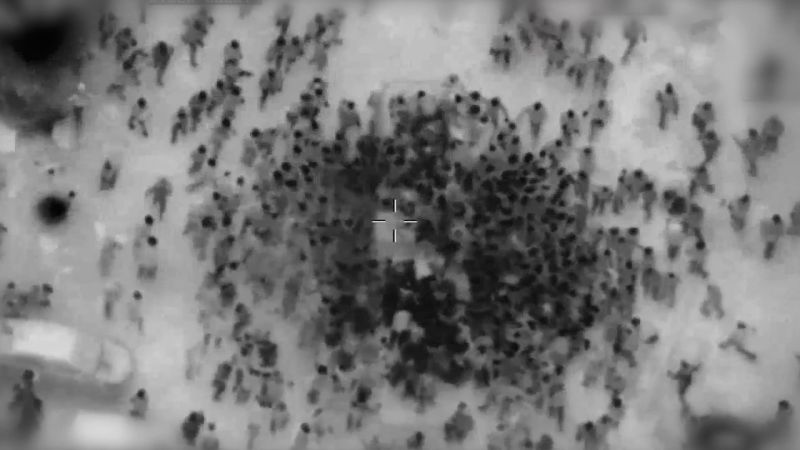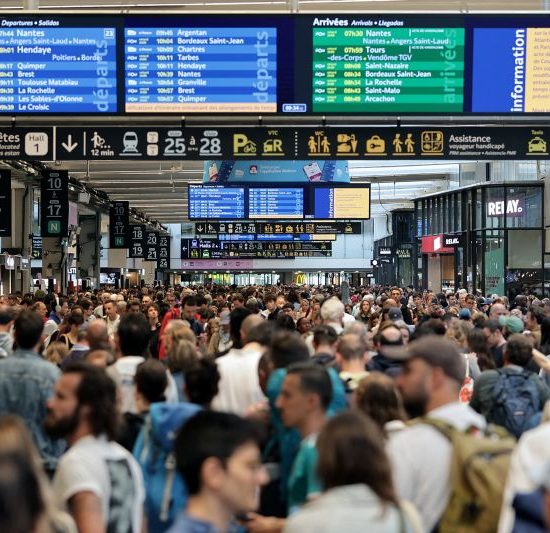In a recent globally significant occurrence, the Israel Defense Forces (IDF) has released statements contradicting some media reports regarding a fatal incident involving a food aid convoy. According to official briefings, the IDF admits to troops firing at individuals termed as ‘suspects’ but staunchly refutes allegations that it had intentionally targeted the aid convoy.
The incident, which resulted in several deaths, has drawn widespread international attention and condemnation. However, in a bid to state their perspective, the IDF has released an account that provides a different framing of the events. The military organization stands firm on its declaration that the armed intervention was not directed toward the aid convoy in its entirety but specifically towards individuals regarded as security threats.
Official IDF communications outline a scenario where the troops came under fire or provocations from unidentified ‘suspects.’ As per established IDF protocols, these provocations necessitated a response involving discharging their firearms. Still, the IDF emphasizes that the reaction was focused on the origin of the danger and not the entire food aid convoy.
However, this account starkly contrasts eyewitness reports and investigations from international organizations. These entities suggest that the forces fired indiscriminately onto the aid convoy, leading to several deaths and injuries. The inconsistency in the narratives has perpetuated a climate of suspicion and mistrust, amplifying calls for an independent investigation into the incident.
Critics argue that the contradiction in the IDF’s claim and those of on-the ground witnesses underline a broader systemic issue. The extensive powers vested upon the military often render accountability and accurate reporting secondary to immediate tactical decisions on the ground. Even though the soldiers’ safety is undeniably crucial, critics assert that these incidents should not occur in the scope of humanitarian aid.
Notwithstanding the IDF’s account, the incident’s real-time contextual factors must quell any ambiguity. A significant aspect to consider is that this incident occurred during a food-aid mission – these missions are often neutral and serve the civilian population under the strict international humanitarian law provisions. Firing upon such convoys can be perceived as a violation of these statutes, notwithstanding claims of responding to alleged threats.
Another crucial element that further complicates the situation is the strained relationship between Israel and the regions where food aid was being delivered. Actions and decisions by the IDF, particularly those involving the use of force, tend to be scrutinized closely due to the complex political dynamics in these areas.
The incident, as regrettable as it is, throws light on the high-risk environment that aid workers operate in. It also highlights the desperation that characterizes scenarios where aid convoys become collateral in military confrontations. In the ongoing debate of military force versus humanitarian guidelines, incidents such as these continue to swing the pendulum, sparking conversations concerning accountability, international law, and the protection of humanitarian missions.
However, in conclusion, while the IDF maintains that it did not intentionally target the aid convoy, the controversy surrounding the incident shows no signs of abating. Calls for a thorough, unbiased investigation, amplified by the discordance between different narratives, only continue to grow. At its core, this incident forms a small part of a much larger geopolitical issue, adding another layer of complexity to an already fraught situation.




